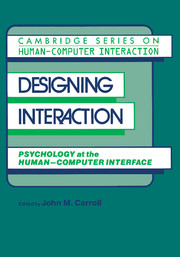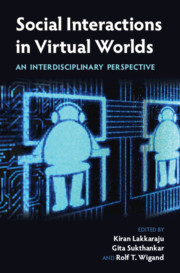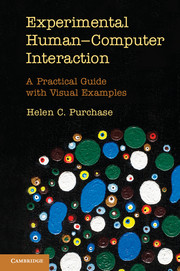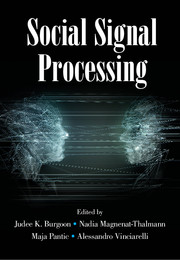Human-Computer Interaction and U.S. Law
The core topics at the intersection of human-computer interaction (HCI) and US law -- privacy, accessibility, telecommunications, intellectual property, artificial intelligence (AI), dark patterns, human subjects research, and voting -- can be hard to understand without a deep foundation in both law and computing. Every member of the author team of this unique book brings expertise in both law and HCI to provide an in-depth yet understandable treatment of each topic area for professionals, researchers, and graduate students in computing and/or law. Two introductory chapters explaining the core concepts of HCI (for readers with a legal background) and U.S. law (for readers with an HCI background) are followed by in-depth discussions of each topic.
- Provides unique analyses and insights from an author team with multidisciplinary expertise
- Covers both HCI and legal topics in depth and in a way accessible to readers from both domains
- Helps practitioners and researchers in HCI understand the legal issues relevant to their work
Reviews & endorsements
'This book is an important and thoughtful treatment of a fast-moving area, balancing the technical and legal aspects in an impressive way.' Michael Waterstone, Dean and Professor of Law, UCLA School of Law
'Authored by leading multidisciplinary experts in technology and law, this book offers an invaluable resource for professionals working in human-computer interaction (HCI). Clear examples and explanations demystify how US law impacts numerous domains of HCI, including interface design, digital accessibility, privacy, and AI.' Paul Heaton, University of Pennsylvania Carey Law School
'At the intersection of human-computer interaction and law, this essential text illuminates how legal frameworks inform design, regulate use, and protect user rights. From AI ethics to dark patterns, from accessibility to algorithmic bias, it equips practitioners with critical knowledge of US law and dimensions of interactive technologies that shape everyday life. A vital resource that not only clarifies current legal+tech landscapes but also charts compelling paths for the next generation of human-centered design.' Elizabeth D. Mynatt, Dean and Professor, Khoury College of Computer Sciences, Northeastern University
Product details
December 2025Hardback
9781009098458
200 pages
229 × 152 mm
Not yet published - available from December 2025
Table of Contents
- Foreword by Lorrie Cranor
- Preface
- 1. Intro to Law for Human Computer Interaction
- 2. Intro to Human Computer Interaction for Law
- 3. Accessibility
- 4. Privacy
- 5. Human Subjects Research Regulation
- 6. Intellectual Property
- 7. Telecommunications
- 8. Artificial Intelligence
- 9. Dark Patterns
- 10. Voting
- 11. International Laws, Treaties, and HCI
- Index.






